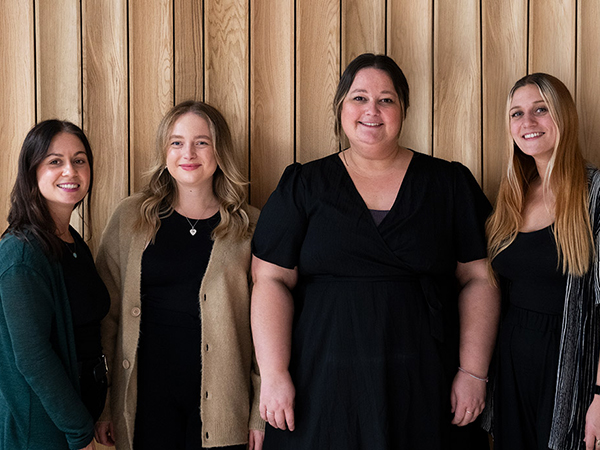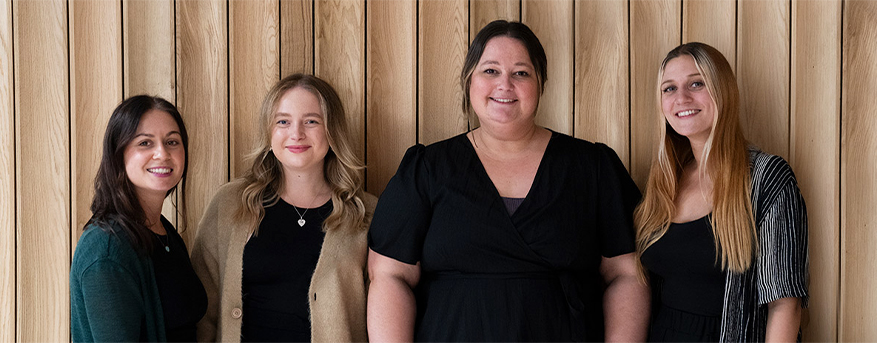Best time to go to Nigeria

Visit Nigeria in November or December, when it is refreshed after the rains and preparing for the festive season – in tropical heat.![]()

The best time to go to Nigeria is during the Nov-Jan dry season. This is a huge country, however, and the climate varies hugely by latitude as well as altitude; the arid Sahel in the north sees little rainfall, beginning in Apr, whereas in the humid south the rains can start as early as Mar or even Feb. The north is hotter – often reaching well over 40°C, although the heat is dry. The cooler south, averaging 32°C, suffers from high humidity. From Dec, the Saharan harmattan wind cools things down, but brings unpleasant dryness and dust. Mar-May are the hottest months.
Nigeria Weather Chart
MIN °C
MAX °C
RAIN (mm)
JAN
18
33
2
FEB
21
35
5
MAR
23
35
20
APR
23
34
74
MAY
22
31
148
JUN
21
29
164
JUL
21
28
216
AUG
20
28
238
SEP
20
29
235
OCT
20
31
99
NOV
18
32
4
DEC
17
32
1
Things to do in Nigeria…
Things not to do in Nigeria…
Our top trip
Nigeria holidays, lost kingdoms
A unique tour discovering the ethnic diversity of Nigeria
From
£2799 to £2999
12 days
ex flights
Small group travel:
2024: 20 Nov
2025: 19 Nov
2024: 20 Nov
2025: 19 Nov
Contact Us

Call us for a chat about our holidays. We are happy to discuss your holiday and help in any way we can. No bots, queues or awful hold music.
01273 823 700
Call us until 6pm
Calling from outside the UK

Nigeria travel advice
Jim O’Brien is from our partner, Native Eye Travel. He has just returned from a trip there, and has shared some valuable advice:
Why take an organised tour?
“Nigeria is a vibrant, chaotic but fun country to travel through, but it can be very daunting for the independent traveller as its infrastructure creaks under the weight of poor roads and little maintenance. There is no tourist infrastructure here to speak of. While in Lagos and Abuja you’ll find international standard hotels, they are focused on the business market, and once you venture out into smaller towns it can be a little more challenging for independent travellers to find the necessary information needed to plan a trip. It’s certainly not impossible, but you need a lot of time, and even more patience, to travel around Nigeria on your own.”
Is Nigeria for you?
“Nigeria’s definitely not the obvious choice for a holiday... However it’s an utterly fascinating place to travel through. Wherever you are there is always something to see that provokes questions – what is this, why is this happening, etc, and it’s really interesting to see a different side of West Africa.”
Travel with the right attitude
“Nigeria is busy, modern, urbanised and in many places overcrowded, but if you have the Africa bug and want to see a different side of the continent, then it has a lot to offer. It is not a tranquil place, and after numerous roadblocks your patience with local authorities might be wearing thin, but taking it all in good humour and seeing the absurd and funny side of things is definitely the way to make the most out of your time here. Nigeria has few tourist sites; it is first and foremost about the people and the experiences you have.”
Tips on where to go
“Two favourite places: the tribal villages of the Kamberi people west of Kontagora, who are largely living very traditional lives in the bush, and the Idanre Hills, home to a hidden, and now abandoned village, on a lush verdant plateau that it a peaceful world away from the town below.”










